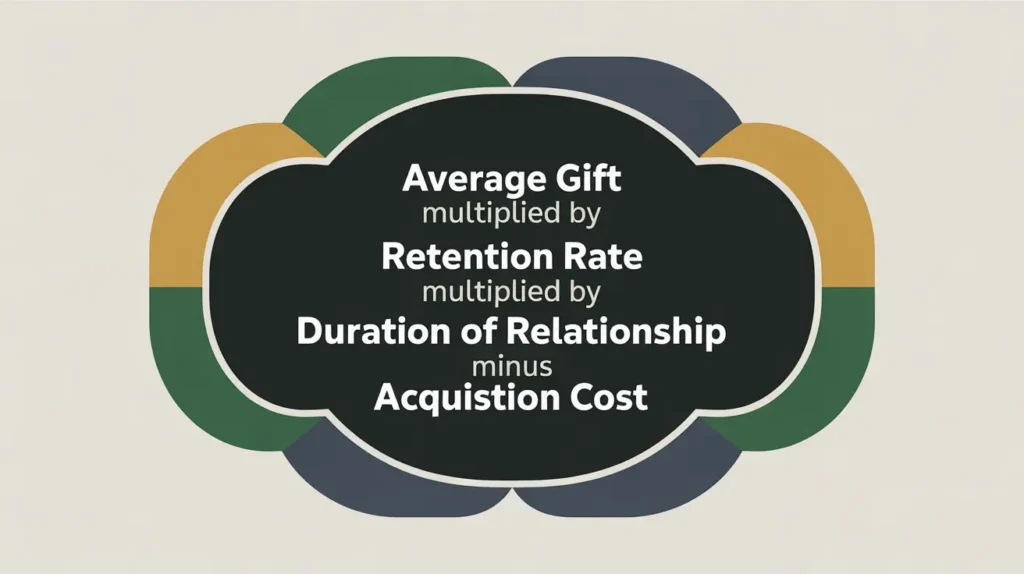Importance of Operating Support
Operating support funds the essential functions that keep a nonprofit running, beyond program- or project-specific expenses. This matters because while donors often prefer to fund visible activities, core operations like staffing, compliance, technology, and governance are critical for delivering sustainable impact. For nonprofits in social innovation and international development, operating support provides stability and flexibility, allowing them to manage growth, invest in capacity, and respond to emerging challenges. Boards and donors increasingly recognize that without strong operating support, even the best-designed programs may falter.
Definition and Features
Operating support is defined as funding that covers the general expenses of running an organization, rather than being tied to a specific program or project. Key features include:
- Unrestricted or Broadly Restricted: may be fully undesignated or tagged for organizational capacity.
- Covers Core Costs: salaries of administrative staff, rent, IT systems, compliance, and governance.
- Stability-Oriented: enables organizations to manage fluctuations in project-based or designated funding.
- Strategic Leverage: provides nonprofits the flexibility to invest where needs are greatest.
Operating support differs from designated or project-based funding by focusing on the organization’s infrastructure and sustainability rather than programmatic activities.
How This Works in Practice
In practice, nonprofits secure operating support from foundations, major donors, or institutional funders who prioritize organizational health. For example, a foundation may award $250,000 in general operating support to a social enterprise incubator, allowing leadership to strengthen HR systems, hire compliance staff, or invest in new technology. Finance teams report operating support as unrestricted revenue unless otherwise specified. Boards use it to ensure long-term sustainability, while program staff benefit from stronger systems and resources that enable effective delivery.
Implications for Social Innovation
For nonprofits in social innovation and international development, operating support is often the difference between fragile survival and resilient impact. Transparent reporting reduces information asymmetry by clarifying how core investments in infrastructure and people strengthen outcomes across all programs. Donors who provide operating support demonstrate trust in the organization’s leadership and strategy, enabling greater flexibility and innovation. By cultivating and stewarding this type of funding, nonprofits can build capacity, sustain mission-driven work, and deliver systemic change with greater resilience and efficiency.







